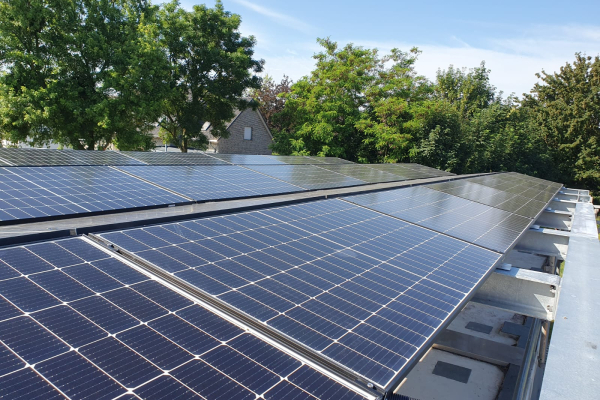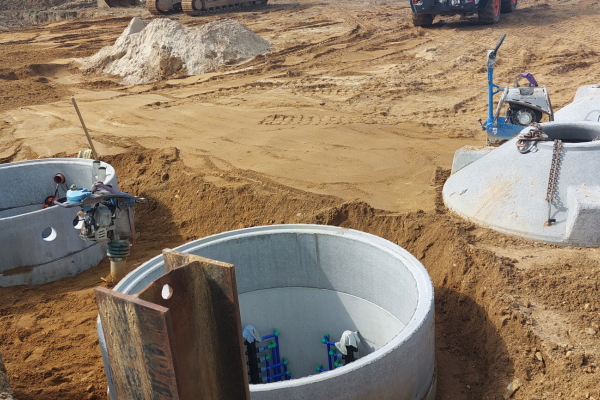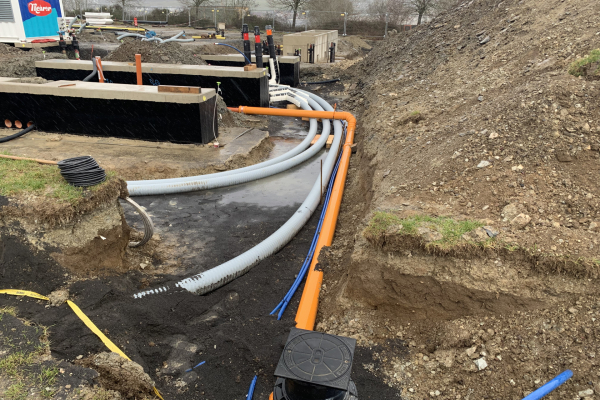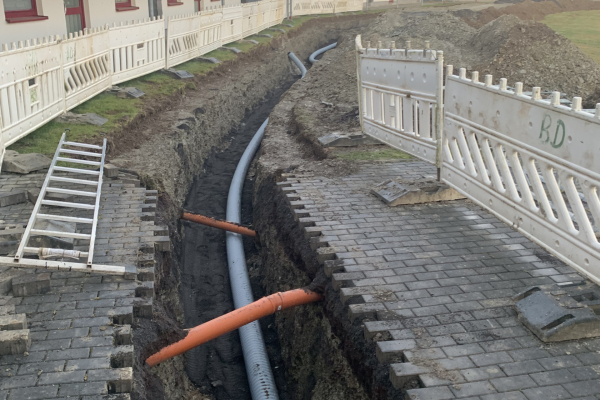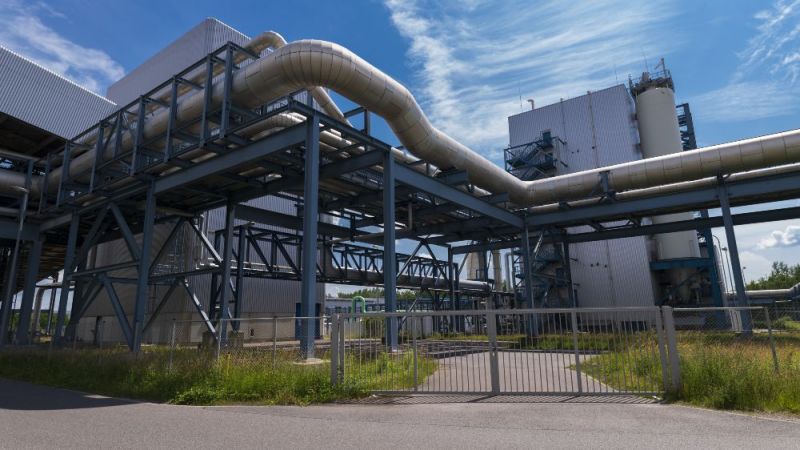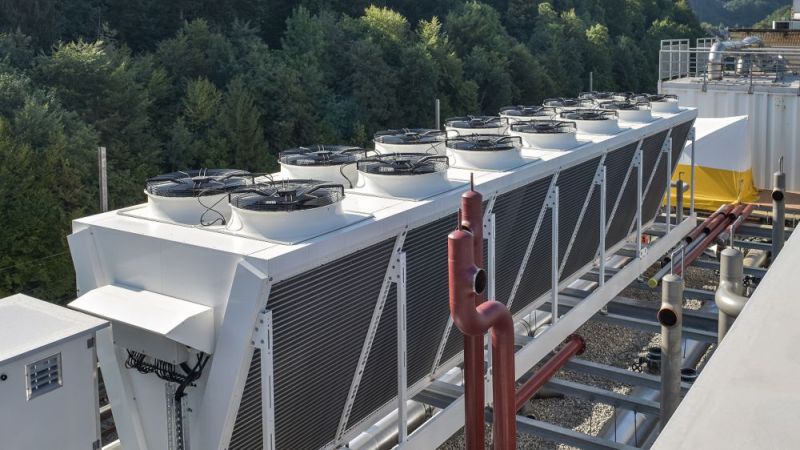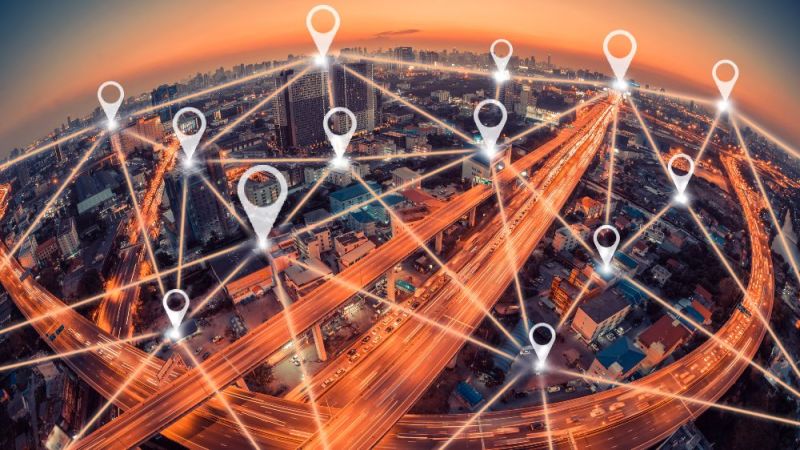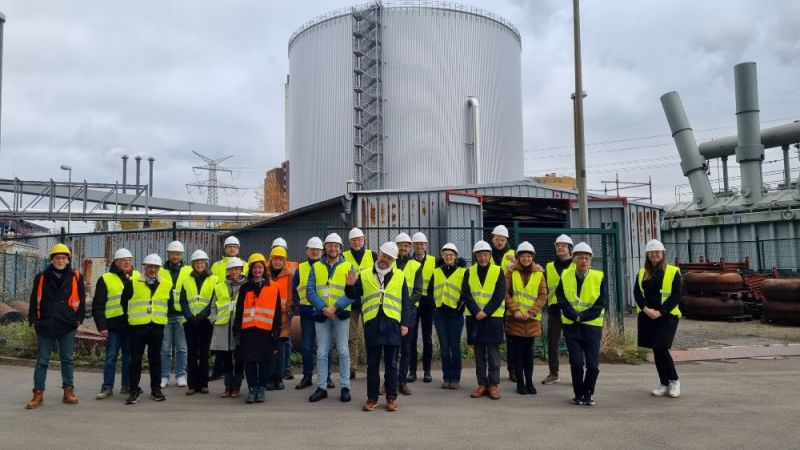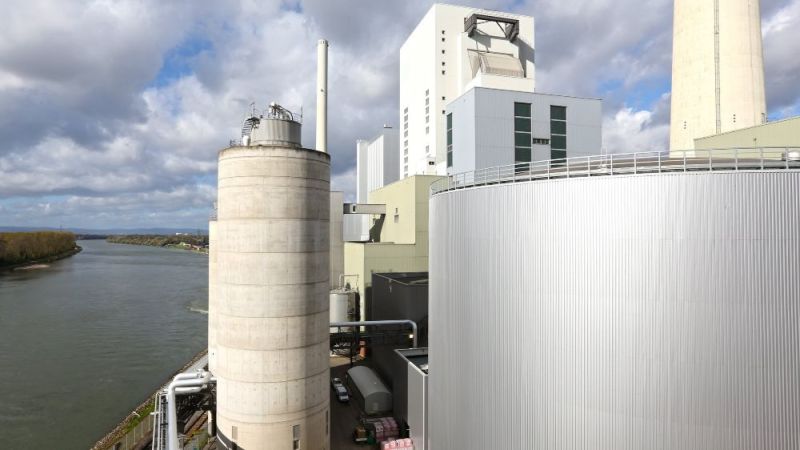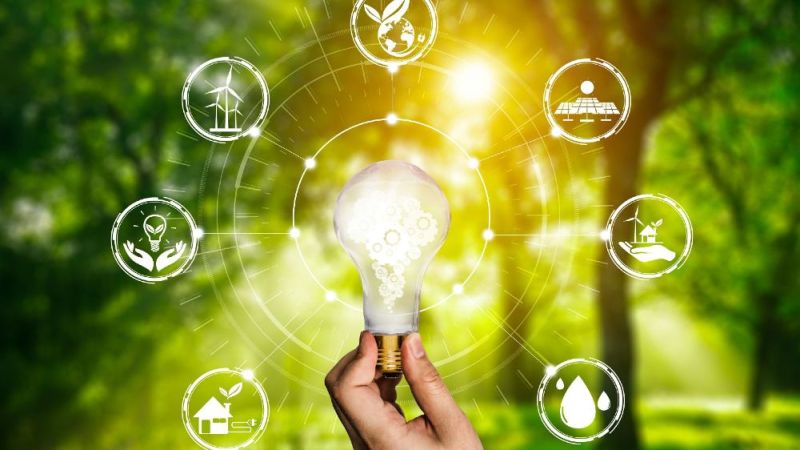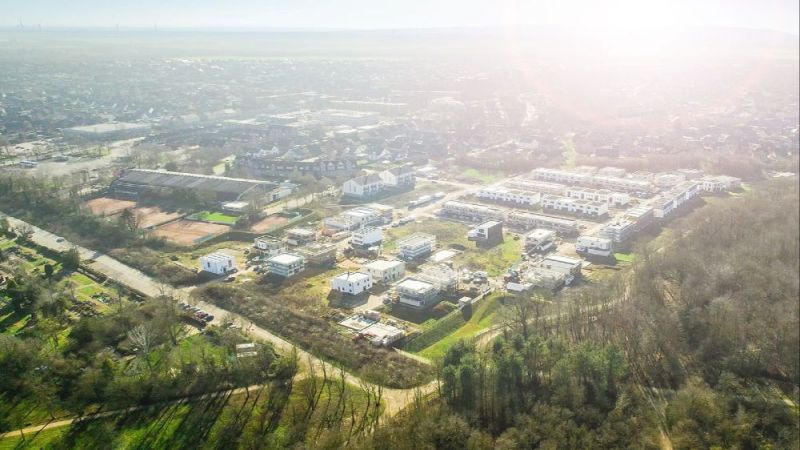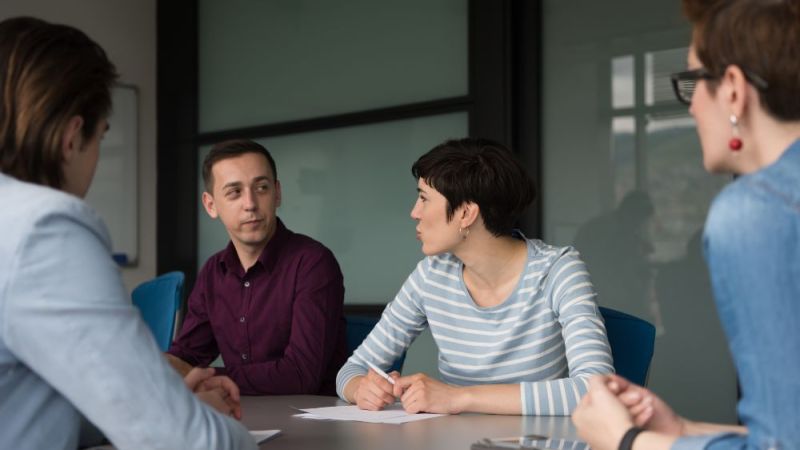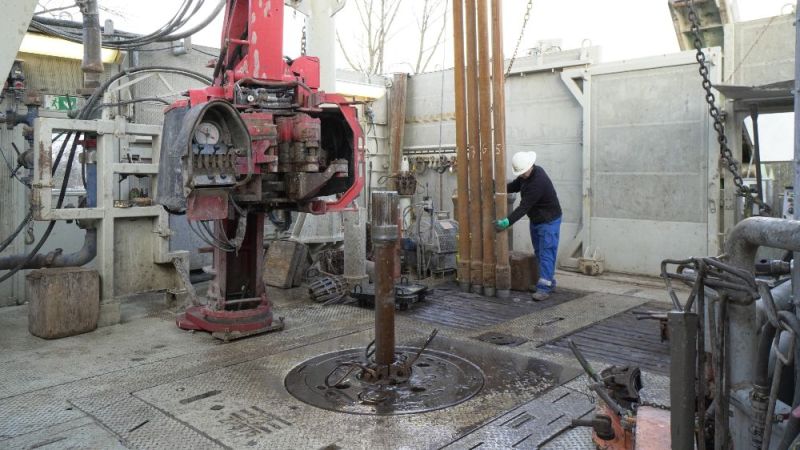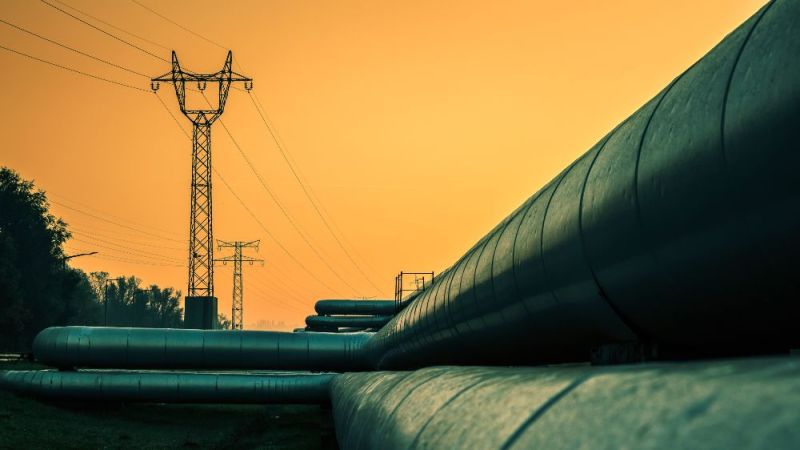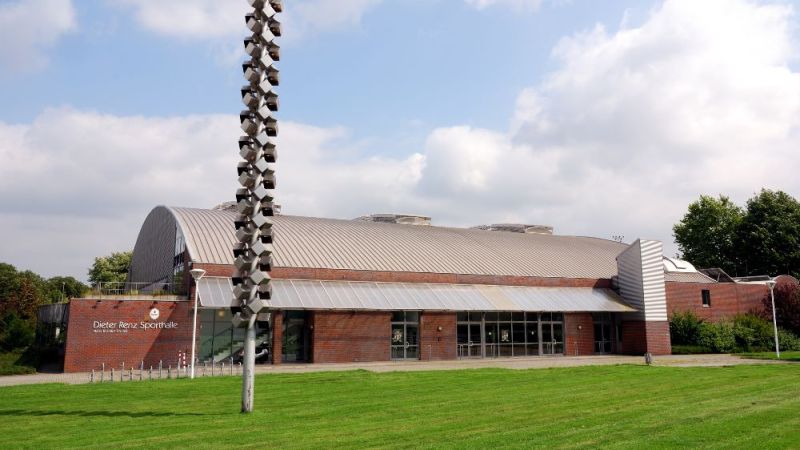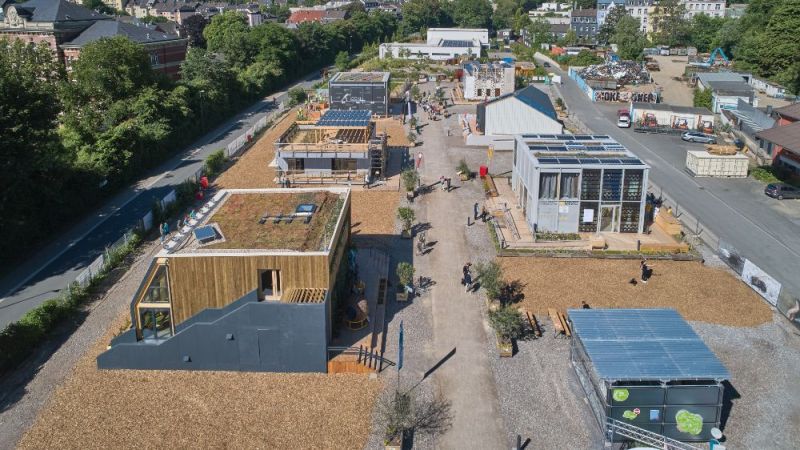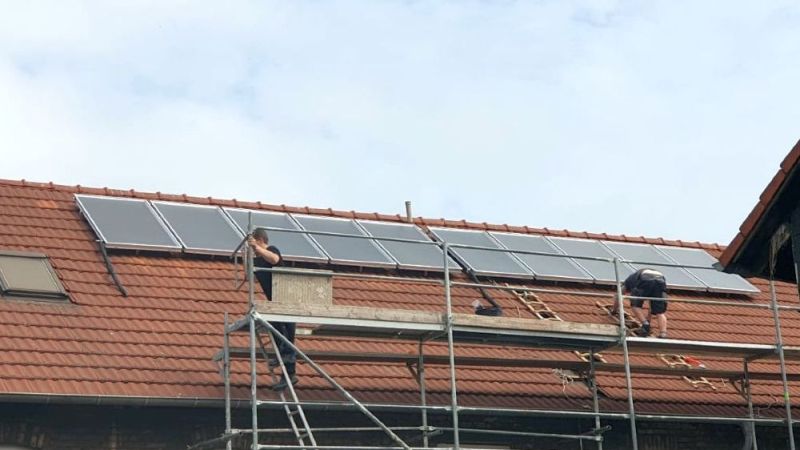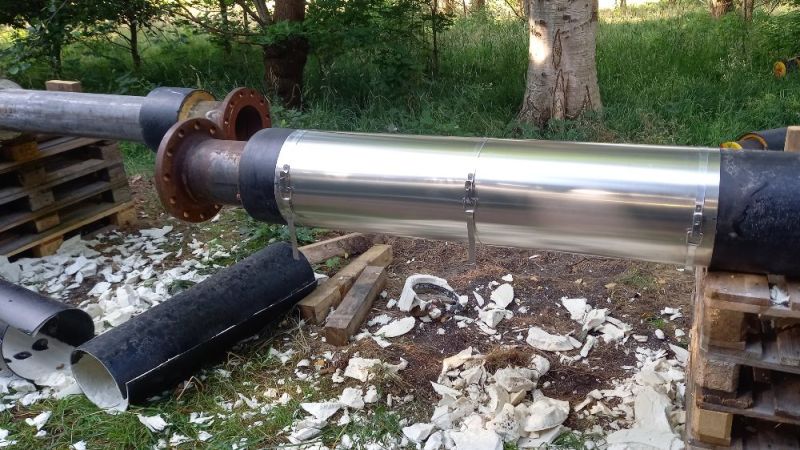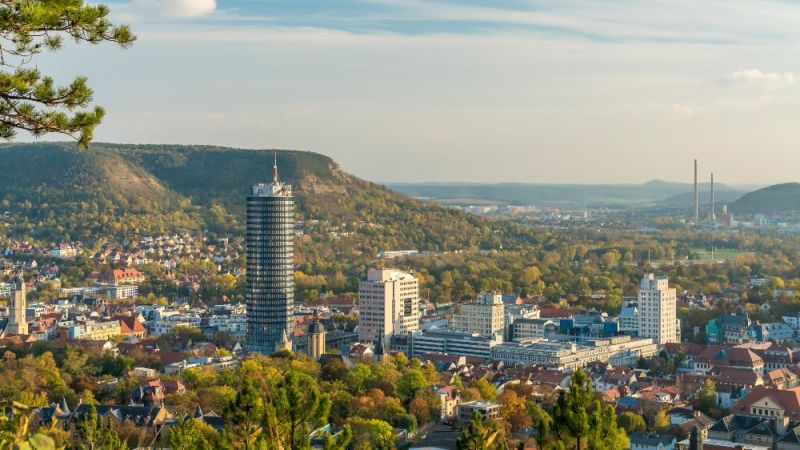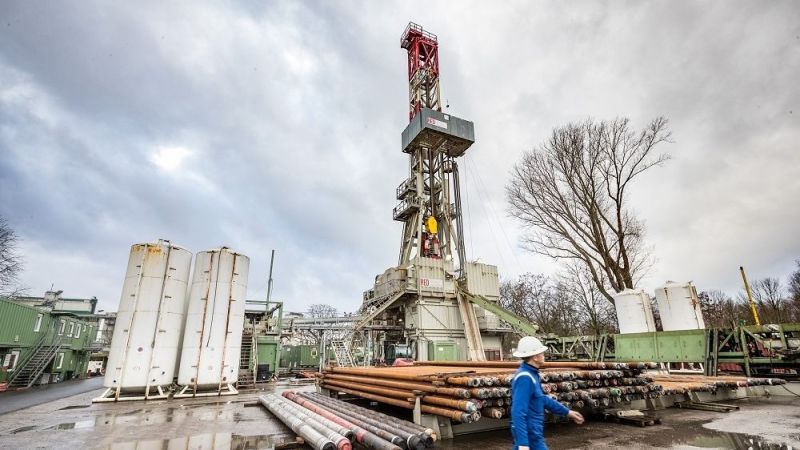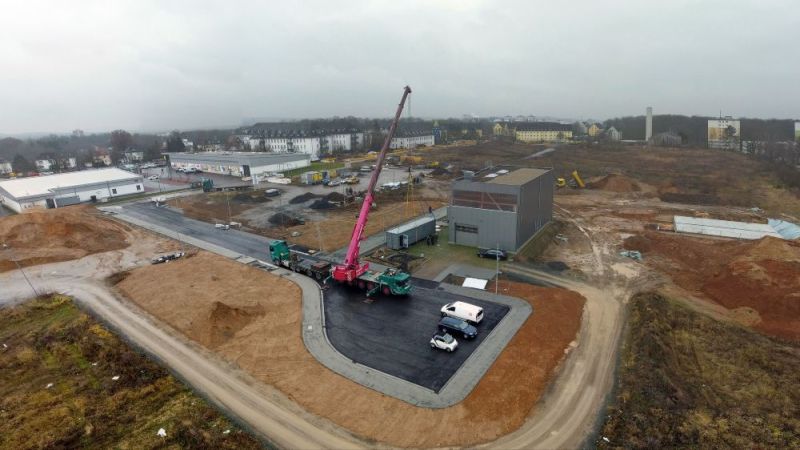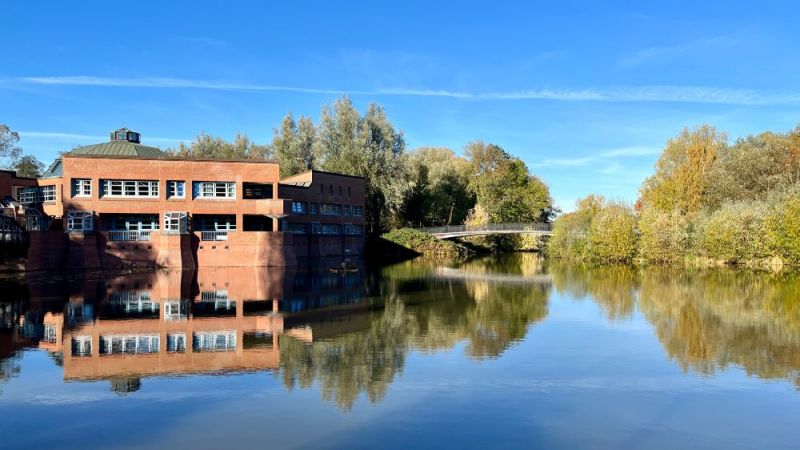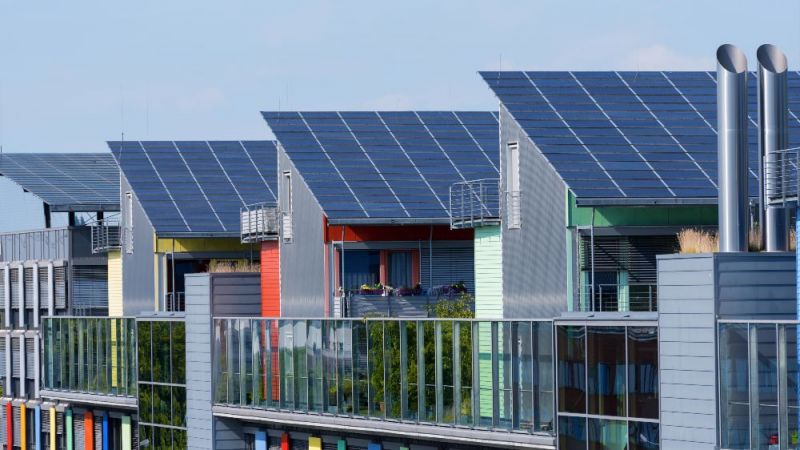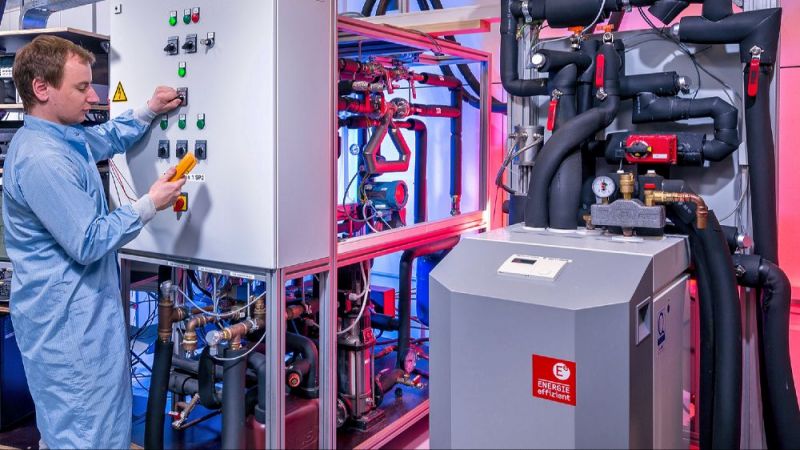
Living Lab for the Energy Transition
Energy-Optimized Neighbourhoods: SmartQuart Shows How it’s Done
In three neighbourhoods including Essen and Bedburg in North Rhine-Westphalia and Kaisersesch in Rhineland-Palatinate, the SmartQuart consortium has been developing new products and solutions for the planning, construction, and operation of energy-optimized neighbourhoods since 2020 – with intensive participation of the people and decision-makers locally.
“All laws that are being written and all technologies that being are developed and integrated must leave paper at some point and become reality. That’s what the living labs are for.” (Dr. Robert Habeck, German Federal Minister for Economic Affairs and Climate Action)
At Bedburg Castle near Cologne, the project consortium headed by E.ON SE presented the main results of the project. In an exclusive video message for the participants at the event, Federal Minister for Economic Affairs, Dr. Robert Habeck, commented on the SmartQuart energy transition living lab: “Here, we are showing how climate-neutral energy supply can be implemented in concrete terms into the neighbourhoods and how the citizens can be involved at every step, how they can actively participate in the planning and thus make the project better and better. The project partners also show exactly how sector coupling works and that it helps to supply entire neighbourhoods with renewable energy.”
The project includes the small-town mixed-use area in Kaisersesch and the digital, urban neighbourhood in Essen, as well as the newly built neighbourhood in Bedburg-Kaster. The goal of SmartQuart is to make the energy supply in such diversely structured neighbourhoods largely climate-neutral by means of various technologies and to improve the energy flows.
The use of information and communication technologies (ICT) is intended to optimally control the generation, conversion, storage, and distribution of renewable energies for the supply of electricity and heat – both within and between the neighbourhoods.
Bedburg: Renewable Energy for Former Open-Cast Mining Area
With its approximately 130 residential units distributed among detached houses, semi-detached houses, terraced houses, and apartment buildings, the Bedburg-Kaster resource protection settlement can serve as a showcase neighbourhood for the energy transition in future. This is due, for example, to the energy supply, which is based on renewable energy and intelligent ICT networks.
Highly efficient heat pumps provide the thermal energy in the former open-cast mining area. They are located in both the individual households, and as five larger heat pumps housed in the energy centre. This work was completed in summer 2022. Three of the heat pumps currently use locally available wastewater heat as a heat source. This provides the residents with energy for hot water as well as for heating and cooling. The LowEx local heating network required for this with low, sliding flow temperatures was recently put into operation. At the end of September, an additional ground collector array in combination with heat pumps is expected to supply thermal energy to the households.
The residents of the new development get their electricity from the local wind farm via the neighbourhood’s power grid. Among other things, the wind farm supplies the energy to operate the heat pumps. In addition, the neighbourhood’s own photovoltaic systems provide electrical energy.
“Because the energy sectors electricity, heating, and cooling as well as mobility are considered holistically and renewable energy sources are used on site, the heat transition at the neighbourhood level succeeds smoothly. This is also helped by the early involvement of all stakeholders, with whom the possibilities for local energy generation and use, and the requirements for the energy system were developed together,” says SmartQuart project manager Dr Sahra Vennemann from E.ON SE. An important role was played here by the municipality, which defined the necessary framework conditions at an early stage.
Kaisersesch: Hydrogen for a Small-Town Mixed Area
The energy transition is also moving forward in the Kaisersesch municipality – as part of SmartQuart: “We have built a hydrogen-based neighbourhood and are demonstrating the entire hydrogen value chain. We are feeding the hydrogen produced into all sectors,” explains SmartQuart technical project manager Jürgen Hammelmann from Westenergie. For example, the first German high-pressure hydrogen pipeline was built and approved by TÜV.
In Kaisersesch, electricity from renewable generation is converted into hydrogen in a power-to-gas plant. Local industrial companies then use this for their processes. A combined heat and power plant (CHP) is also supplied with hydrogen. This feeds the energy into a local heating network that has been converted for this purpose. The existing CHP plant was converted to use hydrogen as an energy carrier.
A hydrogen filling station, which is currently being planned, is another future consumer of the hydrogen. The H2 microgrid also includes storage options. On the one hand, hydrogen can be temporarily stored in the pipeline that has been built. On the other hand, LOHC technology can be used, in which the hydrogen is bound to a viscous oil-like substance, making it safe and easy to transport.
In the next step, the individual sectors and neighbourhoods in the living lab for the energy transition will be networked via the so-called SmartQuart hub. This energy management system networks the neighbourhoods and optimizes the energy flows. In this way, energy can be used as efficiently as possible locally or shared with other neighbourhoods on a balance sheet basis.
In addition to Bedburg and Kaisersesch, the digital, typical urban neighbourhood in Essen is also part of the network. Here, several existing properties are being virtually combined in order to realize solutions for a sustainable electricity and heat supply in various scenarios. The neighbourhood shows how energy can be used efficiently even in the highly dense areas of large cities, thus making a significant contribution to the energy transition.
Living labs for the energy transition put innovations into practice
Funded by the German Federal Ministry for Economic Affairs and Climate Protection, the living labs for the energy transition test innovative technologies in practical applications under real conditions and on an industrial scale. Experts can then use the experience gained in the projects to decisively advance the far-reaching transformation of the energy system in Germany toward climate neutrality.
On the topic of “energy-optimized neighbourhoods”, five other living labs for the energy transition have already been launched in addition to SmartQuart:
JenErgieReal – Energy-optimized living lab in Jena using real-time scalable energy storage
DELTA – Darmstadt Energy Lab for Technologies in Application
GWP – Large-scale heat pumps in district heating networks
IW3 – Integrated heat turnaround Wilhelmsburg
In the area of "sector coupling and hydrogen technologies", six living labs for the energy transition have also been launched. Further information and an overview of all projects can be found at energieforschung.de.
E.ON Energy Solutions GmbH
https://www.eon.com/de.html
Tel: +49(0)201-18400
RWTH Aachen, E.ON-ERC, Lehrstuhl für Gebäude- und Raumklimatechnik
https://www.eonerc.rwth-aachen.de
secretariat-erc@eonerc.rwth-aachen.de
Tel: +49(0)241-80-99566
Stadt Essen - Stabsstelle Grüne Hauptstadt Agentur
http://www.essen.de
info@essen.de
Tel: +49 201 88-0
OFB Projektentwicklung GmbH - Niederlassung Düsseldorf
http://www.ofb.de
ofb-frankfurt@ofb.de
Tel: 0211 88242610
HYDROGENIOUS LOHC TECHNOLOGIES GMBH
http://www.hydrogenious.net
info@hydrogenious.netnet
Tel: +49 (0)9131-12640-0
Verbandsgemeindeverwaltung Kaisersesch
http://www.kaisersesch.de
info@vg.kaisersesch.de
Tel: 02653 9996-0
gridX GmbH
https://gridx.ai/
info@gridX.de
Tel: +49 (0) 241 412597 10
Stadt Bedburg
http://www.bedburg.de
stadtverwaltung@bedburg.de
Tel.: 02272 / 402 - 0
Viessmann Werke Allendorf GmbH
http://www.viessmann.de
info@viessmann.com
Tel.: 06452 70-0



